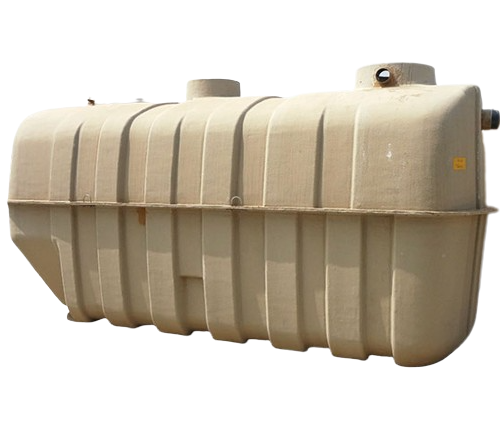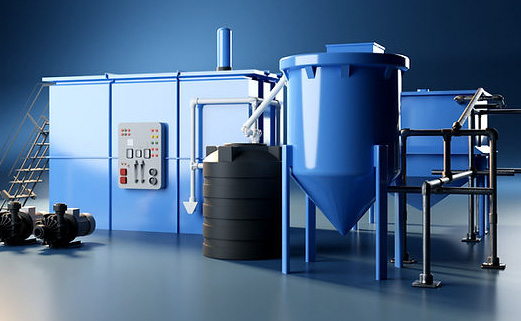WASTEWATER TREATMENT PLANT
At Supreme Associates Traders, we provide comprehensive solutions for treating wastewater, sewage, and effluents
from
factories, ensuring the water is safe for non-consumption uses such as irrigation, gardening, or discharge into
natural
water bodies. Our solutions focus on protecting public health, preserving the environment, and conserving water
resources.
Treatment Processes: Wastewater treatment typically involves several
stages:
- Preliminary Treatment: Removal of large solids, oils, and grease
through screening and
sedimentation.
- Primary Treatment: Biological treatment with MBBR media, where
microorganisms break down
organic
contaminants.
- Secondary Treatment: Tube settlers and pressure filters remove
physical contaminants.
- Tertiary Treatment:Tertiary Treatment: Chlorine is added for
disinfection, ensuring final
purification.
These processes ensure treated water meets the required standards for safe reuse or disposal.
Wastewater Treatment Plant (WWTP):
Our Wastewater Treatment Plant handle all types of wastewaters, including sewage,
industrial
effluent, agricultural
runoff, and stormwater (mostly greywater). WWTPs are designed to treat a variety of contaminants, making them
comprehensive solutions for different water sources.
Target Sectors of Wastewater Treatment Plants:
- Hotels
- Restaurants
- Shopping Malls
- Office Complexes
- Agricultural Farms
Sewage Treatment Plants (STP):
Our STPs are specifically designed to treat sewage, primarily wastewater from toilets, bathrooms, and
kitchens
(blackwater). These plants focus on treating human waste and organic matter.
Target Sectors of Sewage Treatment Plants:
- Hospitals and Medical Facilities
- Residential Housing
- Commercial Buildings
- Schools and Colleges
- Hotels and Resorts
Effluent Treatment Plant (ETP):
An ETP is a specialized facility designed to treat highly contaminated wastewater generated by industries.
It
is
tailored to handle wastewater with hazardous pollutants to meet regulatory standards before discharge or
reuse.
Target Industries:
- Pharmaceuticals: Treat wastewater with active pharmaceutical
ingredients and chemicals.
- Textiles: Manage dye, chemicals, and organic pollutants.
- Chemicals: Neutralize toxic substances and industrial
by-products.
Environmental Compliance: ETPs ensure industries comply with
environmental regulations, minimizing ecological impact and protecting water
resources.
By reducing pollution levels effectively, ETPs contribute to sustainable industrial operations and
environmental
conservation.


